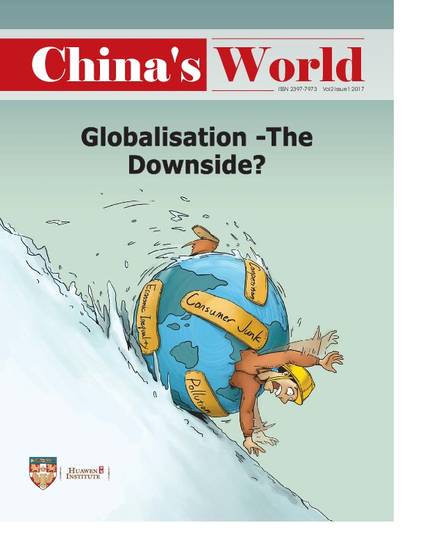
Article
White Cat, Black Cat or Good Cat: The Beijing Consensus as an Alternative Philosophy for Policy Deliberation?
China’s World
(2017)
Abstract
The Beijing Consensus represents a philosophical movement towards an ultra-pragmatic view of conducting policy deliberation. Contrary to models of development which provide a subset of policy prescriptions for the policymakers’ disposal or a fundamentalist adherence to a particular economic tradition, the Beijing Consensus inherently recognizes that each development scenario has a potential set of challenges that may require unique and/or experimental solutions factoring the current political, social and economic environment. This ultra-pragmatism will require the policymaker to engage in greater policy experimentation, and to have a larger risk-elasticity. Further, this philosophy is most aptly demonstrated by looking at the aggregation of practices and lessons learned using the recent policy experiences of China. Ironically, this leads to a potential confusion regarding the analytical distinction between the Beijing Consensus and the Chinese model of development. This article outlines this distinction, and further theorizes the potential consequences of employing an ultra-pragmatic view of policy deliberation espoused by the intentionality of the Beijing Consensus.
Keywords
- Beijing Consensus,
- development,
- public policy,
- China
Disciplines
Publication Date
2017
Citation Information
Hasmath, R. (2017) “White Cat, Black Cat or Good Cat: The Beijing Consensus as an Alternative Philosophy for Policy Deliberation?”, China’s World. 2(1): 12-24.
